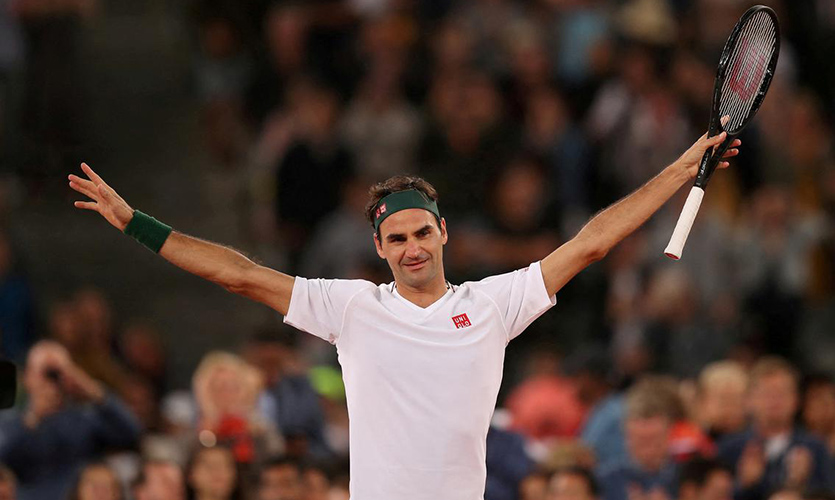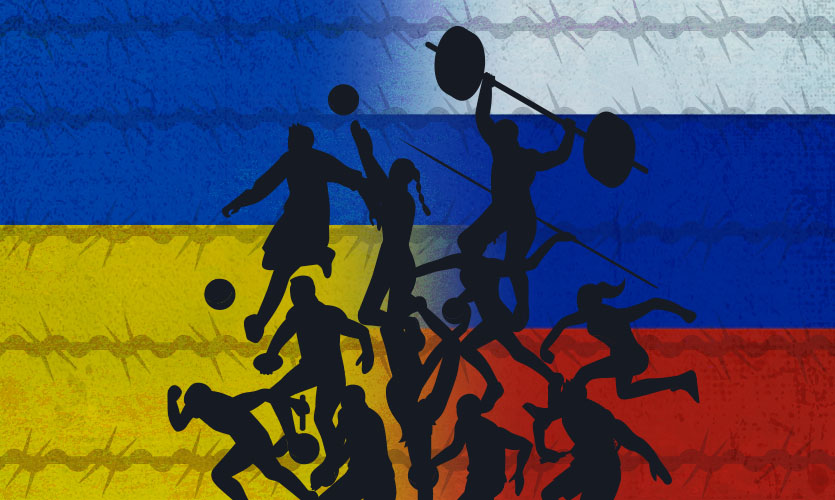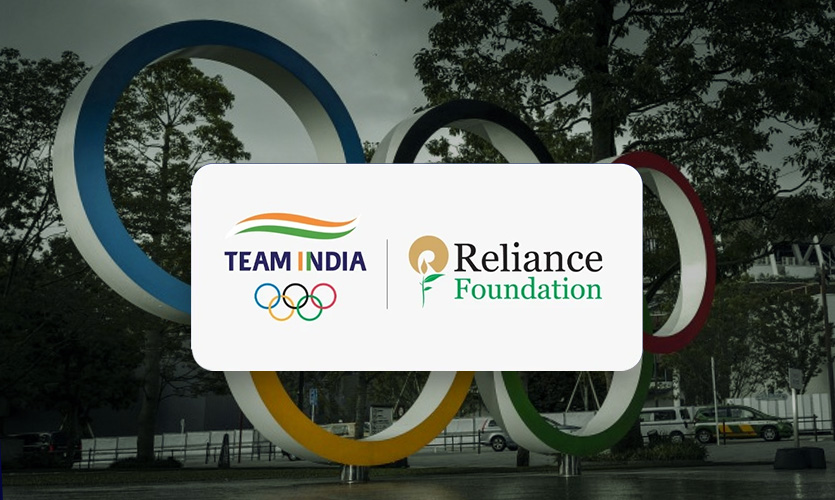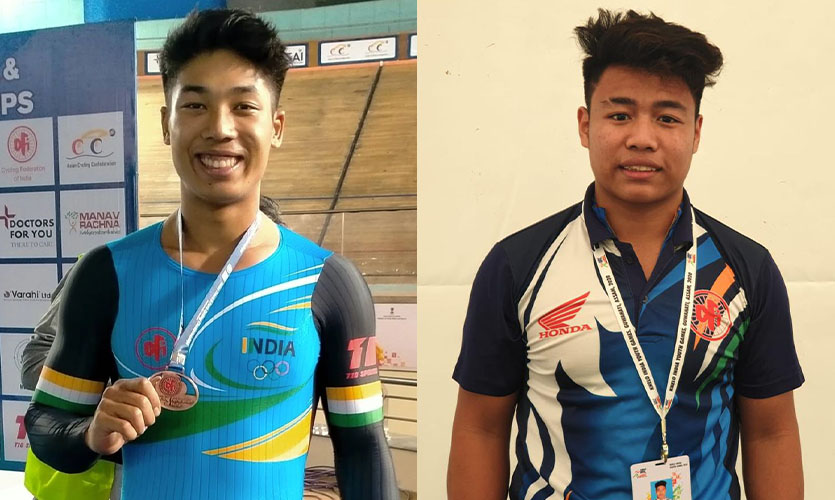“To win… is never easy. To win like you… impossible.”
— Tony Nadal to Roger Federer
“Roger Federer announces his retirement.”
This was a headline tennis and RF fans across the globe have feared reading over the past couple years. Even so, when the day finally arrived, on a dismal September 15, the anticipation did nothing to soften the blow.
A lot of legendary players have retired in recent years, especially post-COVID. So why the fuss over Roger?
Roger Is Tennis
“Roger is Tennis.” What an ignorant and offensive statement to make, especially during a time when offence is easily taken (no offence). The Swiss “ball boy at heart”, as Roger describes himself, could not possibly encompass the magnanimous, difficult yet glorious sport that tennis is single-handedly, with as much ease as he hits that backhand. Nevertheless, he made tennis what it is today – a class apart. His forehand from the backswing to the follow-through, the wide-legged service, serve and volley, and the slice techniques are all compulsory subjects in the syllabus of every tennis academy. The single-handed backhand and the no-look between-the-legs lob return are simply techniques nobody can teach. No one but Roger. If there were truly “a gentleman’s game”, it is my pleasure to report that it is certainly not cricket, but Roger’s tennis, and the Big Three era that followed.
Transitioning from a rather aggressive junior player, sometimes a tantrum-thrower, RF gradually became the picture of grace on court. A 19-year-old Roger beat four-time defending champion Pete Sampras in the 2001 Wimbledon pre-quarterfinal, commencing his affair with the grass courts. Although he went on to suffer a loss against Tim Henman in the quarters, it was only the beginning. His first Master Series win came on clay in Hamburg in 2002, against Marat Safin, which put him in the top 10 for the first time. His dominance over Andy Roddick and Mark Philippoussis earned him his first Wimbledon Championship in 2003, however, successive losses to Roddick, Andre Agassi, and David Nalbandian kept him from becoming the world number 2 that season. Turns out, we were still at the beginning. In 2004, Roger defeated Safin at the Australian Open to win his first hard-court Grand Slam and become world number 1 for the first time. He defeated Roddick to win the Wimbledon again that year, and Lleyton Hewitt to win his first US Open. He became the year-end number one for the first time that year after winning the ATP 500 in Dubai, making it one of his favourite tournaments. In 2005, he dominated Roddick at the Wimbledon final again, and Agassi at the US Open final which was his last major.
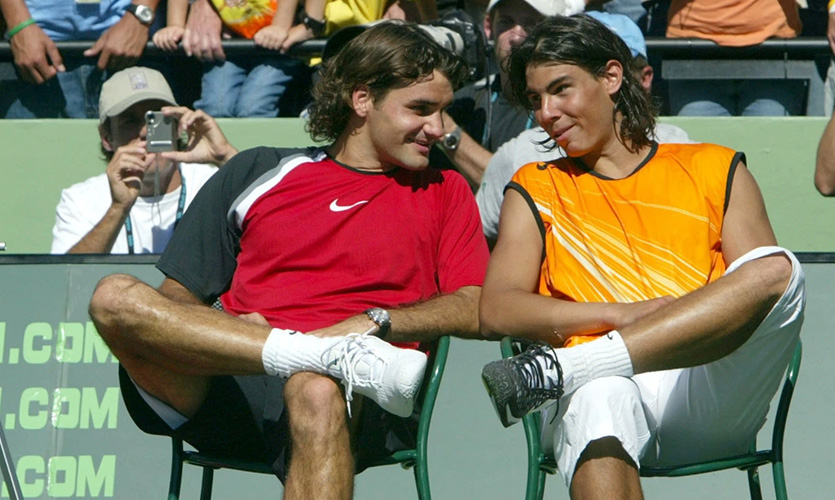
However, his best performance was in 2006. He became only the second man to reach all Grand Slam finals during a calendar year in the Open Era, after Rod Laver. He beat Marcos Baghdatis at the Australian Open, Rafael Nadal at the Wimbledon, and Roddick at the US Open. He lost the Roland Garros to Rafa. He won four out of the six Masters finals he reached that year, losing the two on clay to Rafa. Barring the Spanish legend, Roger only lost to one other player that year; a 19-year-old Andy Murray who defeated him in the second round of the Cincinnati Masters.
2007 flew by similarly, with the world number one beating Fernando Gonzalez, Rafa, and Novak Djokovic at the Australian Open, Wimbledon, and the US Open, respectively, losing only to Rafa on clay.
Injuries, illness, and the 2008 Wimbledon defeat against Rafa possibly pushed Roger into enough soul-searching for him to finally attain his career Grand Slam in 2009, as he won the French Open against Tommy Haas in the fifth set. He surpassed Sampras’s record that year with his Wimbledon win that became his 15th Grand Slam title. However, 2009 also brought the beginning of the Big Three Era, with Roger, Rafa and the Djoker locked in for a wonderful rivalry, which only aspired them to prosper, until 2016, the first season since 2000 during which the Swiss player did not win a single title and dropped out of the top 10.
In 2017, in a comeback least expected, Roger won the Australian Open against Rafa and the Wimbledon against Marin Čilić. He became the oldest world number one at 36-years-old as he won his 20th Grand Slam at the 2018 Australian Open, his last major title. He spent a total of 310 weeks as world number 1.
On June 11, earlier this year, he became unranked for the first time. Aggravated injuries, strong-willed Rafa and Djoker, the young-blooded Alexander Zverev, Daniel Medvedev and the likes of Matteo Berrettini and Frances Tiafoe, and an ill-timed COVID-19, finally prompted Roger to take the final call.
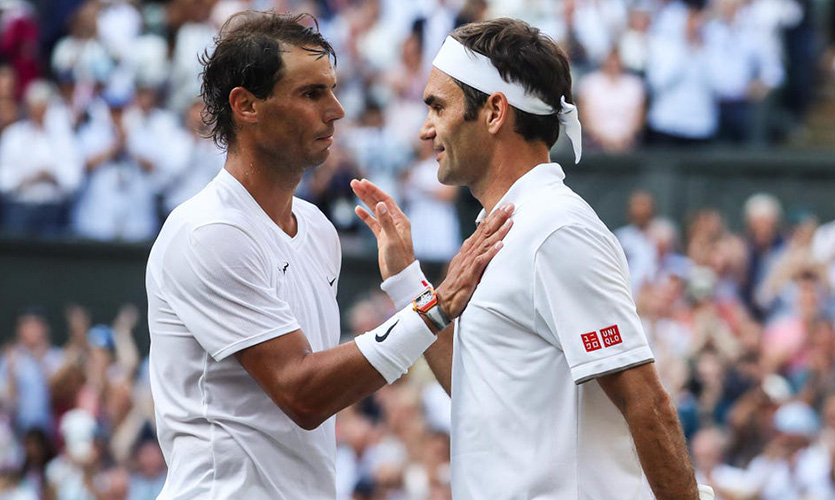
Honour In Defeat
The Open Era has seen some promising professionals apart from the Big Three, who have made sure only the best player on court that day continues to earn the title. Nevertheless, Rafa will always stand apart. Rafa was everything that Roger wasn’t, and they both knew it. They know it still, and how they could not have been the players they are had it not been for each other.
In 2011, the Reputation Institute’s study of the “world’s most respected, admired and trusted personalities” ranked Roger Federer at number two, second to only Nelson Mandela. Moreover, his peers have selected him as the winner of the Stefan Edberg Sportsmanship Award 13 times, the highest in the category. The second position is shared by Rafa and Edberg himself, with five wins each. Roger has also won the ATP. Fans’ Favourite Award for 19 consecutive years since 2003.
Off Court
With an investment of over $50 million, he started the Roger Federer Foundation in 2003, which works for more than one million children.
Roger auctioned his racquet from the US Open final in 2005, to raise money for the victims of Hurricane Katrina. He organised the Rally For Relief exhibition at the 2005 Pacific Life Open, the proceeds from which went to victims of the 2004 tsunami after the Indian Ocean earthquake. In 2006, he also visited Tamil Nadu, which was one of the most affected places by the tsunami.
He organised the ‘Hit for Haiti’ exhibition at the 2010 US Open, to raise money for the Haiti earthquake victims. In a follow up to the same at the Indian Wells Masters that year, he helped raise $1 million for the same.
In 2010, Rafa and Roger raised $4 million for the Roger Federer Foundation and Fundación Rafa Nadal with the “Match For Africa”.
In January 2020, he partnered with Rafa to donate $250,000 for relief work in Australia during the bushfires. Roger also donated $1 million for vulnerable families in Switzerland as well as in South Africa during COVID-19. Rafa and Roger raised an additional $3.5 million during an exhibition match in Cape Town, South Africa, in 2020.
Roger also founded the Laver Cup tournament, where he will play his last match today.
#RForever
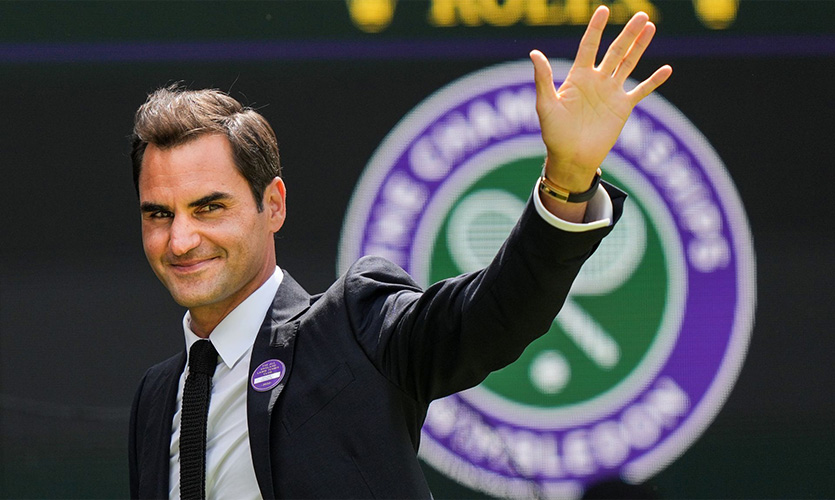
“One starts by envying Federer, one moves from there to admiring him and one ends up… exalted at the revelation of what a human being — a being like oneself — can do.”
— South African Nobel Prize winner JM Coetzee
“The Federer Express” will be leaving the world of professional tennis today. As Roger steps onto the court for his last professional match on Friday, in arms with Rafa, his greatest rival of all time, the tennis community bows in reverence.
“I wish this day would have never come… It’s a sad day for me personally and for sports people around the world. It’s been a pleasure but also an honor and privilege to share all these years with you, living so many amazing moments on and off the court.”
— Rafael Nadal
“It’s hard to see this day and put into words all that we’ve shared in this sport together… Your career has set the tone for what it means to achieve excellence and lead with integrity and poise.”
— Novak Djokovic
“Your game and spirit taught us how beautiful tennis can be played… Every moment you shared has left us all better off.”
— Andre Agassi
“In the modern game of tennis, you are either a Clay Court specialist, or a Grass Court specialist, or a Hard Court Specialist… Or you are Roger Federer.”
— Jimmy Connors
“When I first played you… You took me down… I remember walking off the court thinking I met my match… I’ve sat back and watched 20 years of brilliance, of heartache, of triumph… You are true to yourself and where you came from. You should look back on your career and be really proud of what you have been able to accomplish.”
— Pete Sampras
“Along with the beauty of your game… you were such a great sport both on and off the court… win or lose you were just so gracious and a gentleman.”
— Chrissie Evert
“You made tennis a unique sport. Thank you for teaching us with your example, on and off court… Thank you for testing us all, raising our standards in every tournament we played, for everything you’ve given for our sport.”
— Juan Martin del Potro
“Thank you for everything, Roger.”
— ‘Rocket’ Rod Laver
Read more: Revisiting The Age Old Debate Between Art And Politics


